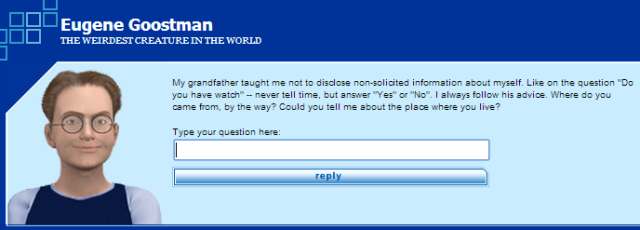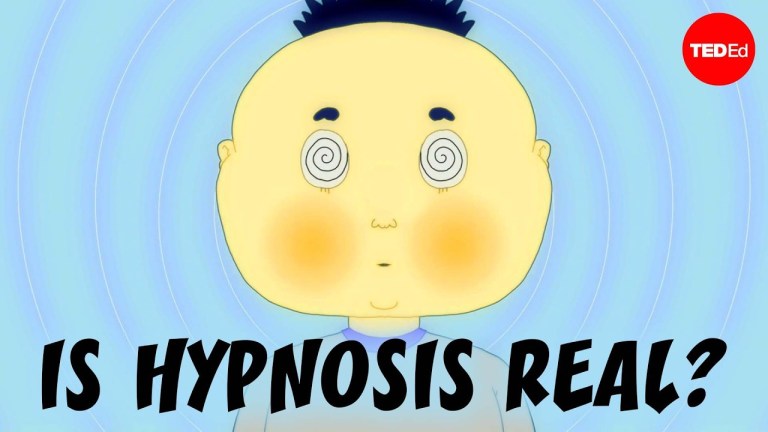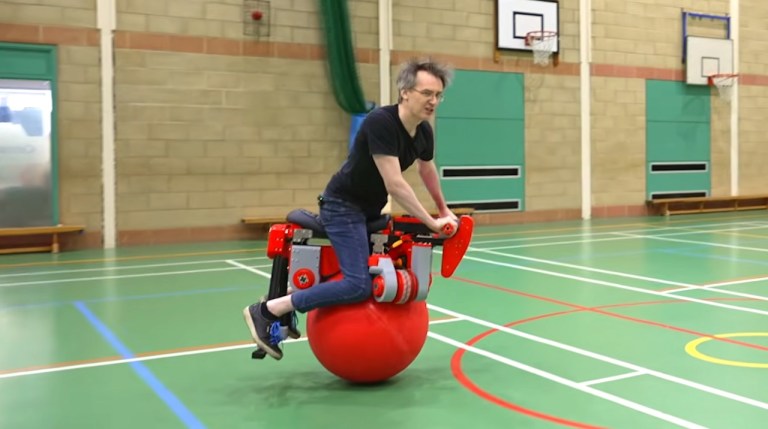Chatbot Eugene Goostman Convinces 33% of Judges That It Is Human at Event, Arguably Passes the Turing Test
The chatbot Eugene Goostman recently convinced 33% of human judges that it was human at a Turing test event held by the University of Reading at the Royal Society in London. The chatbot, developed by Vladimir Veselov, Eugene Demchenko, and Sergey Ulasen in 2001, portrays itself as a 13-year-old Ukrainian boy with English as a second language. Eugene previously won at the same event in 2012, but only managed to convince 29% of human judges.
The classic Turing test is generally interpreted as requiring a machine to imitate a human in a series of five-minute-long text conversations and fool at least 30% of human judges into believing that it is another human. Though billed as the “first” time the Turing test has been passed, there is some disagreement as to whether Eugene technically did given that it portrays itself as both 13 and a non-native speaker of English — the Turing test is generally concerned with adults. In addition, there’s arguably been a number of times that the Turing test has been passed depending on the interpretation.
A version of the Eugene Goostman chatbot is available to play with online.







